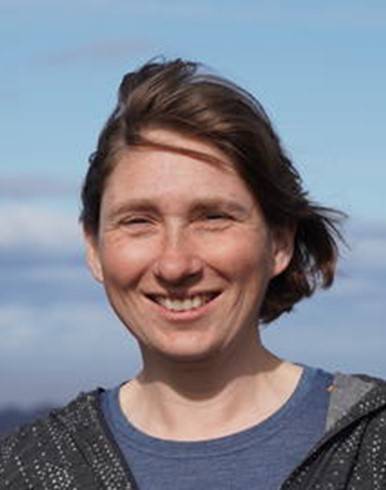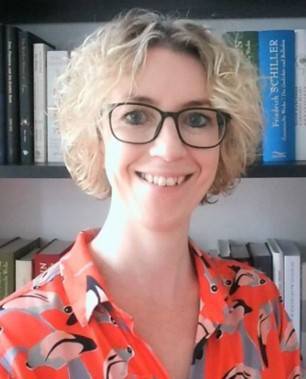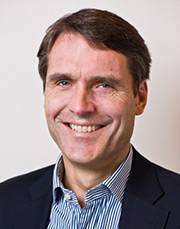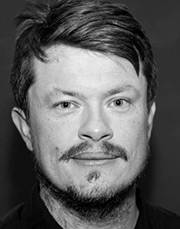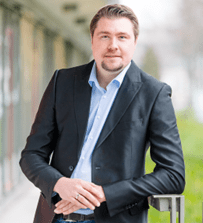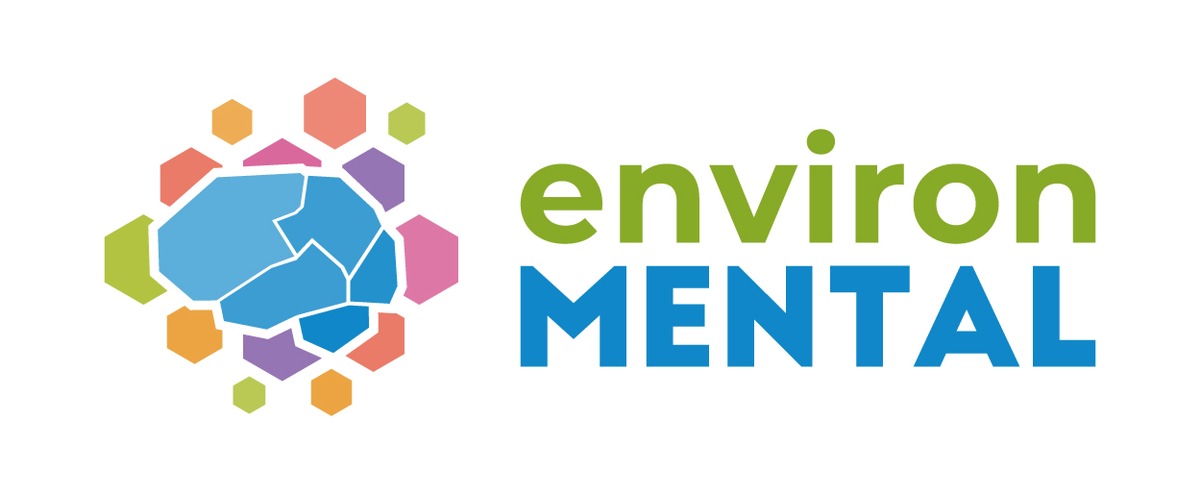Consortium Partners
an interdisciplinary approach of excellence
Recognizing the interconnectedness of different determinants of human brain health, we have formed an interdisciplinary consortium of neuroscientist, psychiatrists, geo-scientist, climatologists, psychologists, epidemiologists, anthropologists, computer scientists, experts in digital interventions as well as non-academic stakeholders that usually do not work together in this combination. This unique integration of expertise will enable us to identify brain mechanisms related to environmental adversity underlying symptoms of depression, anxiety, stress and substance abuse.
Partners
Charité Berlin
Coordinating institution
Charitéplatz 1
10117 Berlin
Germany
Website
Detailed information
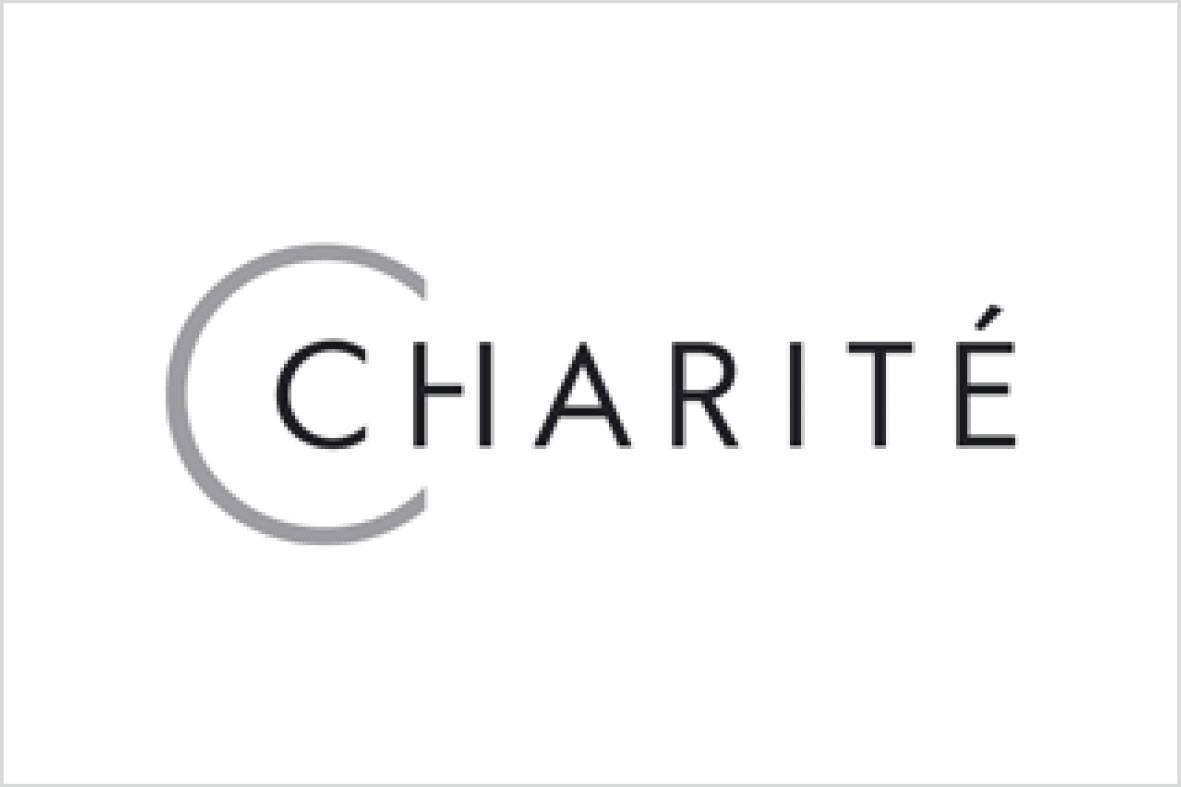
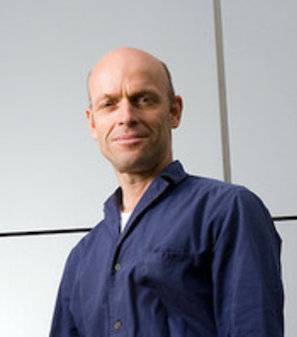
Prof. Dr. Gunter Schumann
Coordinator of environMENTAL and Head of the Centre for Population Neuroscience and Stratified Medicine (PONS) and Department of Psychiatry and Psychotherapy
Key publications:
Global urbanicity is associated with brain and behaviour in young people. Xu J, …, Schumann G; CHIMGEN; IMAGEN Consortia.Nat Hum Behav. 2022 Feb;6(2):279-293. doi: 10.1038/s41562-021-01204-7. Epub 2021 Oct 28.PMID: 34711977
Alex Ing, Ph.D., …, Gunter Schumann M.D., Ph.D.; IMAGEN Consortium. Distinct Brain Networks for Externalising and Internalising Behaviour Predict Future Clinical Symptoms. Nature Human Behaviour, 2019 Dec;3(12):1306-1318.
Tianye Jia Ph.D.; … Gunter Schumann M.D.; IMAGEN Consortium; Neurobehavioural characterisation of reinforcement-related behaviour. Nature Human Behaviour (in press)
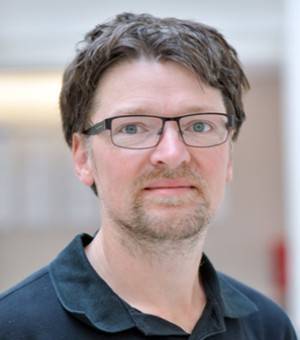
Prof. Dr. Markus Ralser
Einstein-Professor and Head of Biochemistry Department
Key publications
Messner et al, Ultra-fast proteomics with Scanning SWATH.
Nature biotechnology 39 (7), 846-854, 2021
Messner et al, Ultra-high-throughput clinical proteomics reveals classifiers of COVID-19 infection.
Cell systems 11 (1), 11-24. e4, 2020
Demichev et al, DIA-NN: neural networks and interference correction enable deep proteome coverage in high throughput.
Nature methods 17 (1), 41-44, 2020

Prof. Dr. Henrik Walter
Head of Research Division Mind & Brain at Charité
Key publications
Waller L et al. ENIGMA HALFpipe: Interactive, reproducible, and efficient analysis for resting-state and task-based fMRI data. Hum Brain Mapp 2022; 43:2727–2742.
Xu et al. Global urbanicity is associated with brain and behaviour in young people. Nat Hum Behav. 2022 Feb;6(2):279-293
Veer I et al. Psycho-social factors associated with mental resilience in the Corona lockdown. Transl Psychiatry. 2021 Jan 21;11(1):67
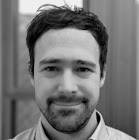
Dr. Sven Twardziok
BIH Group Leader Data Management
Key publications
Mayer et al., Implementing FAIR data management within the German Network for Bioinformatics Infrastructure (de. NBI) exemplified by selected use cases, Briefings in bioinformatics, 22, 5, bbab010, 2021, Oxford University
Press
Mölder et al., Sustainable data analysis with Snakemake, F1000Research, 10, 2021, Faculty of 1000 Ltd.
Chua et. al., COVID-19 severity correlates with airway epithelium–immune cell interactions identified by single-cell analysis, Nature biotechnology, 38, 8, 970-979, 2020, Nature Publishing Group

Prof. Dr. Roland Eils
Founding Director BIH Digital Health Center
Key publications
Loske J, … Eils R, Mall MA, Lehmann I. Pre-activated antiviral innate immunity in the upper airways controls early SARS-CoV-2 infection in children. Nat Biotechnol 2021
Steinfeldt… Landmesser, U, Eils R. Neural network-based integration of polygenic and clinical information: development and validation of a prediction model for 10-year risk of major adverse cardiac events in the UK Biobank cohort. Lancet Digit Health 2022
Buergel, T… Eils, R & Landmesser U. Metabolomic profiles predict individual multidisease outcomes. Nature Medicine 2022
Role in the project
Charité is one of the largest university hospitals in Europe. All of its clinical care, research and teaching is delivered by physicians and researchers of the highest international standard. The Centre for Population Neuroscience and Stratified Medicine (PONS) aims at establishing and analysing big neuroimaging genetic datasets to precisely identify brain mechanisms underlying behaviour, and their genetic and environmental mediators, thus enabling prediction and stratification of mental disorders. The environMENTAL project is coordinated by Prof. Gunter Schumann, a pioneer in the field of population neuroscience. His team will carry out the spatiotemporal environmental characterisation and together with Henrik Walter, be involved in the biomarker identification.
Prof. Markus Ralser will add to the multi-model -omics characterisation using a unique proteomics platform developed by his group that enables ultra-high-throughput serum and plasma proteomics according to clinical laboratory standards. Shared data analysis will be enabled by the establishment of a data(base) infrastructure and management following FAIR principles, led by Prof. Roland Eils and Sven Twardziok (BIH).
Freie Universitaet Berlin
Institute of Meteorology
Carl-Heinrich-Becker-Weg 6-10
12165 Berlin
Germany
Website
Detailed information

Role in the project
Freie Universitaet Berlin is a full-spectrum university, comprising twelve departments and three Central Institutes that together offer more than 150 different academic programs in a broad range of disciplines. Three times, it successfully performed the German government’s Excellence competition for universities. The main focus of the Institute of Meteorology’s research and teaching is on the understanding of atmospheric processes and the simulation of weather and climate. Within the project, Prof. Dr. Kerstin Schepanski, professor of radiation and remote sensing of atmospheres and her team will support the development of the spatio-temporal environmental analyses tool with her expertise in atmospheric and aerosol science.
Key publications:
Tegen, I. and K. Schepanski (2018), Climate Feedback on Aerosol Emission and Atmospheric Concentrations, Current Climate Change Reports, 4(1), 1-10, doi:10.1007/s40641-018-0086-1
Bartkowski, B., K. Schepanski, S. Bredenbeck, and B. Müller (2022), Wind erosion in European agricultural landscapes: more than physics, People and Nature, https://doi.org/10.1002/pan3.10418.
Schepanski, K. (2018), Transport of Mineral Dust and Its Impact on Climate, Geosciences, 8(5), 151, doi:10.3390/geosciences8050151.
Zentralinstitut für Seelische Gesundheit
Square J5
68159 Mannheim
Germany
Website
Detailed information
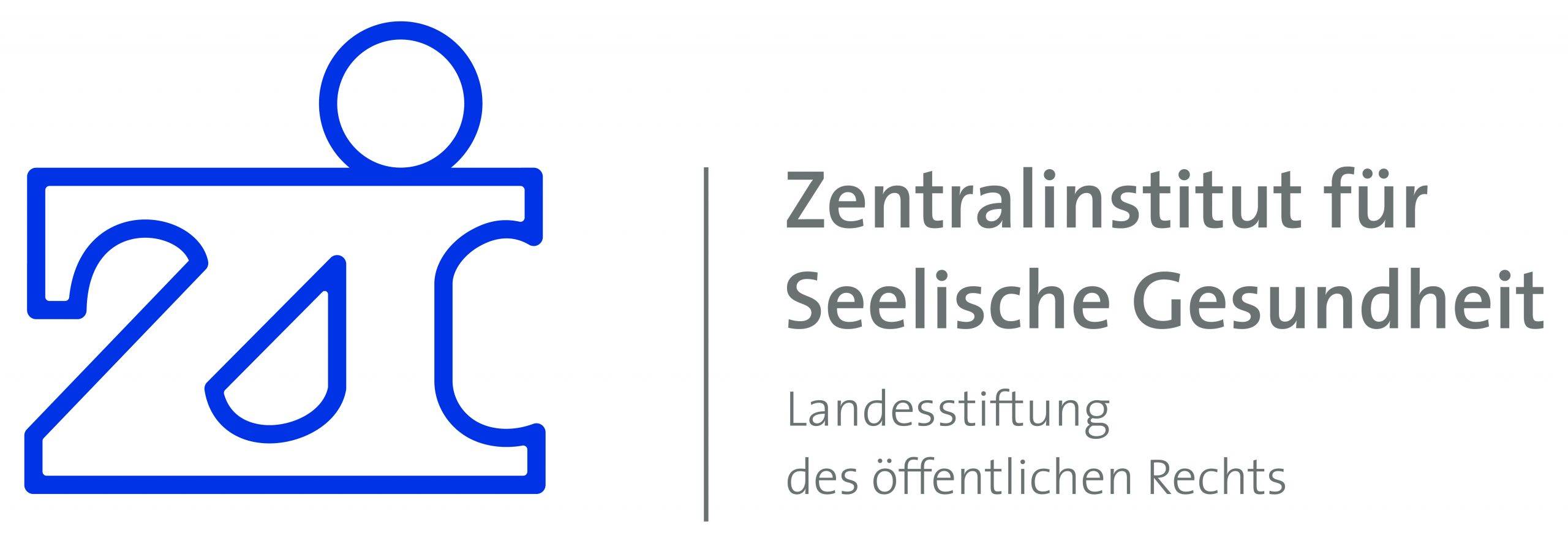
Role in the project
The Central Institute for Mental Health (CIMH) is one of the most renowned research facilities nationally and internationally for psychiatric disorders and clinical neuroscience. Its research focuses i.a. on disorder-specific and transdiagnostic mechanisms of risk, resilience and course of common child psychiatric disorders like ADHD, ASD and associated disorders, on translating findings into innovative prevention and age-adapted, personalized, biomarker-based, staged pharmacological and non-pharmacological treatment programmes and guidelines, and on clinical studies to assess the long-term efficacy and safety of pediatric psychopharmacotherapy. Under the lead of Prof. Tobias Banaschewski and Prof. Meyer-Lindenberg, CIMH will enable the clinical translation of the environMENTAL findings and support the identification of new biomarkers.
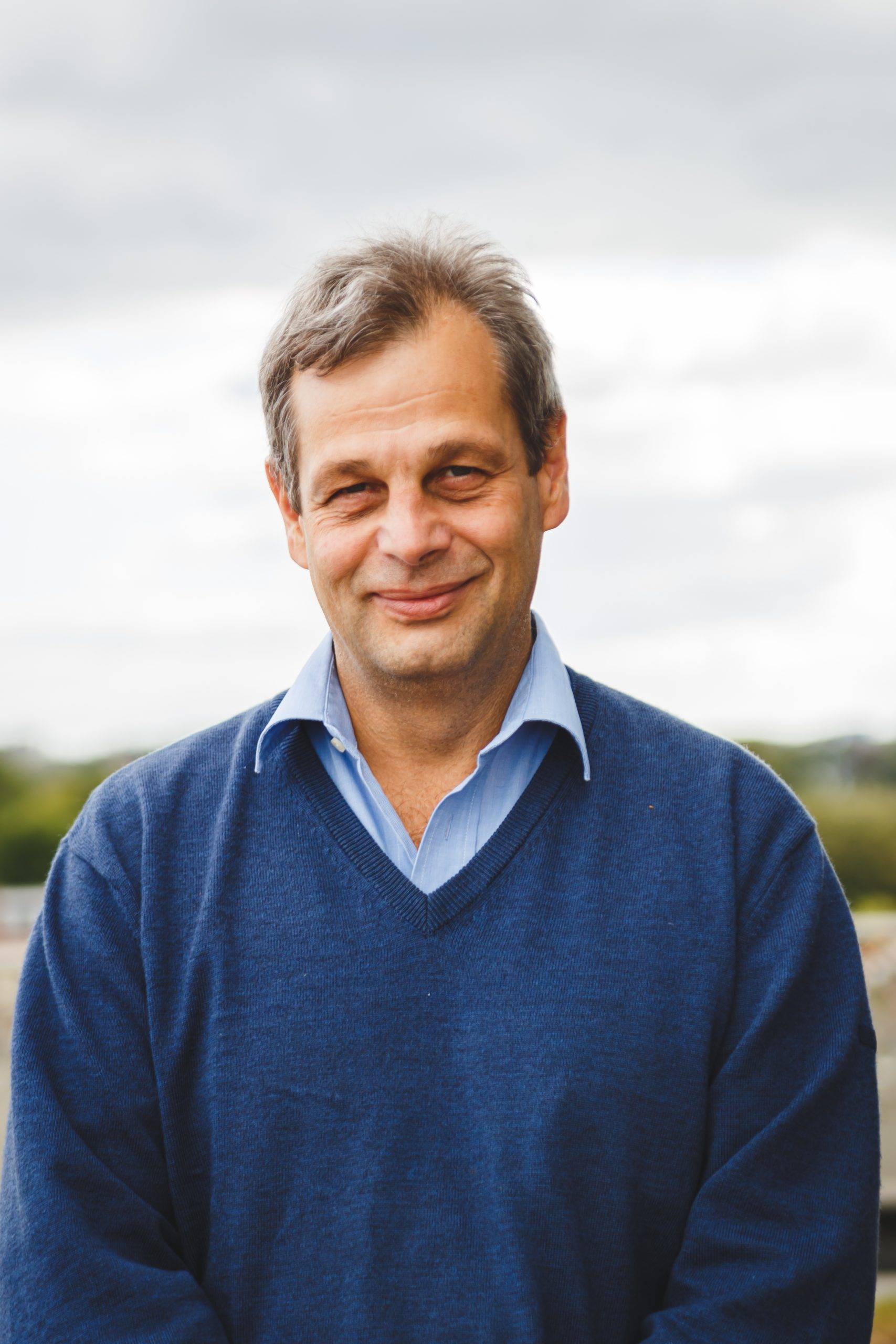
Prof. Dr. Tobias Banaschewski
Medical Director of the Clinic of Child and Adolescent Psychiatry and Psychotherapy and Deputy Director of the Central Institute of Mental Health
Key publications
Xu, J., … Banaschewski, T., … Imagen Consortium. (2022). Global urbanicity is associated with brain and behaviour in young people. Nat Hum Behav, 6(2), 279-293. doi:10.1038/s41562-021-01204-7
Hohne, E., Banaschewski, T., … Kamp-Becker, I. (2021). Prevalences of mental distress and its associated factors in unaccompanied refugee minors in Germany. Eur Child Adolesc Psychiatry. doi:10.1007/s00787-021-01926-z
Monninger, M., … Banaschewski, T., Holz, N. E. (2022). Real-time individual benefit from social interactions before and during the lockdown: the crucial role of personality, neurobiology and genes. Transl Psychiatry, 12(1), 28. doi:10.1038/s41398-022-01799-z

Prof. Dr. Andreas Meyer-Lindenberg
Director of the Central Institute of Mental Health
Key publications
Lederbogen F*, Haddad L*, Kirsch P*, Streit F, Tost H, Schuch P, Wüst S, Pruessner JC, Rietschel M, Deuschle M, Meyer-Lindenberg A: City living and urban upbringing affect neural social stress processing in humans. Nature, 2011 Jun 22;474(7352):498-501. doi: 10.1038/nature10190. (*shared first authorship)
Akdeniz C, Tost H, Streit F, Haddad L, Wüst S, Schäfer A, Schneider M, Rietschel M, Kirsch P, Meyer-Lindenberg A.: Neuroimaging Evidence for a Role of Neural Social Stress Processing in Ethnic Minority-Associated Environmental Risk. JAMA Psychiatry. 2014 Jun;71(6):672-80. doi: 10.1001/jamapsychiatry.2014.35
Tost H*, Reichert M, Braun U, Renhard I, Peters R, Lautenbach S, Hoell A, Schwarz E, Ebner-Priemer U, Zipf A, Meyer-Lindenberg A*: Neural correlates of individual differences in affective benefit of real-life urban green space exposure. Nat Neurosci. 2019 Sep;22(9):1389-1393. doi: 10.1038/s41593-019-0451-y. Epub 2019 Jul 29. (*shared first authorship)
Universitaetsklinikum Schleswig-Holstein
Campus Kiel
Arnold-Heller-Straße 1-3
24105 Kiel
Germany
Website
Detailed information

Role in the project
The University Hospital Schleswig-Holstein (UKSH) is one of the largest medical care centers in Europe, guaranteeing research medical-technical care at the highest level. The Institute of Medical Psychology and Medical Sociology has its focus in medical teaching and research. The main scientific areas target behavioral medicine and basic neuropsychobiological research on learning and memory processes and information processing in the brain in the context of psychpathology, pain, and over the life span. A particular interest lies in the question how behavior and experience influence neural processes and how neural processes alter behavior and experience. This information will be used for integration into the development and empirical evaluation of behavioural medicine prevention and rehabilitation programmes using a combination of brain-behavior modulation techniques and digital tools.
Under the lead of Prof. Frauke Nees, director of the Institute of Medical Psychology and Medical Sociology, in environMENTAL, a digital health app will be developed to ascertain a detailed behavioural and psychological assessment in daily life, also mapping environmental circumstances and spots, under the principles of citizen science. This app will be distributed in population-based and clinical cohorts.
Universitetet i Oslo
Problemveien 5-7
0313 Oslo
Norway
Website
Detailed information

Role in the project
The University of Oslo is the highest ranked institution of education and research in Norway – and one of the World’s Top 100 universities with a strong track record of pioneering research and scientific discovery. The Norwegian Centre of Excellence, led by Prof. Andreasson is the largest neuropsychiatric research unit in Norway. The Centre runs a large ongoing clinical collaborative programme on neuropsychiatric disorders. It provides unique access to the Norwegian registry data as well as extensive genetic and neuroimaging samples and has a longstanding expertise in harmonising and linking big datasets. Within environMENTAL, the teams around Prof. Andreassen and Prof. Westlye are leading the federating and harmonising of large-scale population-based cohorts.
University of Potsdam
Am Mühlenweg 9
14476 Potsdam
Germany
Website
Detailed information
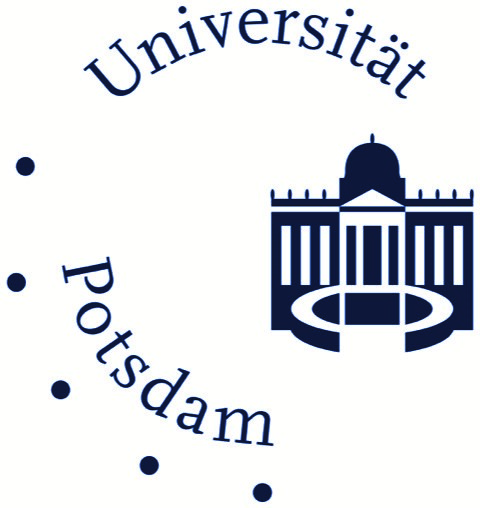
Role in the project
Since its founding in 1991, the University of Potsdam has excelled in research and teaching and established several international collaborations. The institute of social and preventive medicine, having a central role in environMENTAL, investigates how psychosocial factors influence health and illness across the life span. In addition to socio-demographic context factors such as age, educational background and migration background, the group is interested in how psychological, social and societal resources can maintain and promote health, and which stressors and risk factors affect disease processes and how. With this expertise in social and preventive medicine, the group around Prof. Michael Rapp will contribute to the environMENTAL analyses of how psychosocial factors influence health and illnesses.
Prof. Dr. Michael Rapp
Chair of Social and Preventive Medicine
Key publications
Rapp, M. A., Kluge, U., Penka, S., Vardar, A., Aichberger, M. C., Mundt, A. P., … & Heinz, A. (2015). When local poverty is more important than your income: mental health in minorities in inner cities. World Psychiatry, 14(2), 249.
Tschorn, M., Lorenz, R. C., O’Reilly, P. F., Reichenberg, A., Banaschewski, T., Bokde, A. L., … & Rapp, M. A. (2021). Differential predictors for alcohol use in adolescents as a function of familial risk. Translational psychiatry, 11(1), 1-11.
Hoffmann, S., Tschorn, M., Michalski, N., Hoebel, J., Förstner, B. R., Rapp, M. A., & Spallek, J. (2022). Association of regional socioeconomic deprivation and rurality with global developmental delay in early childhood: Data from mandatory school entry examinations in Germany. Health & Place, 75, 102794.
Radboud Universtiy Medical Centre
Geert Grooteplein 10 Zuid
6525 GA Nijmegen
Netherlands
Website
Detailed information
Role in the project
Radboud university medical center is a university medical center for patient care, research, and education, located in Nijmegen with the mission to be at the forefront of shaping the health and healthcare of the future. The research group predictive clinical neuroscience, led by Prof. André Marquand at the Donders Institute, a research centre devoted to understanding human cognition and behaviour in health and disease, is focusing on the development of statistical and machine learning techniques to make predictions relevant to brain disorders. With this strong expertise, Prof. Marquand’s group will be responsible for the development of an overall analytic framework of the project as well as statistical methods involving deep learning, normative modelling, and longitudinal and multi-modal analyses and provide the key interface for all environMENTAL data sets.
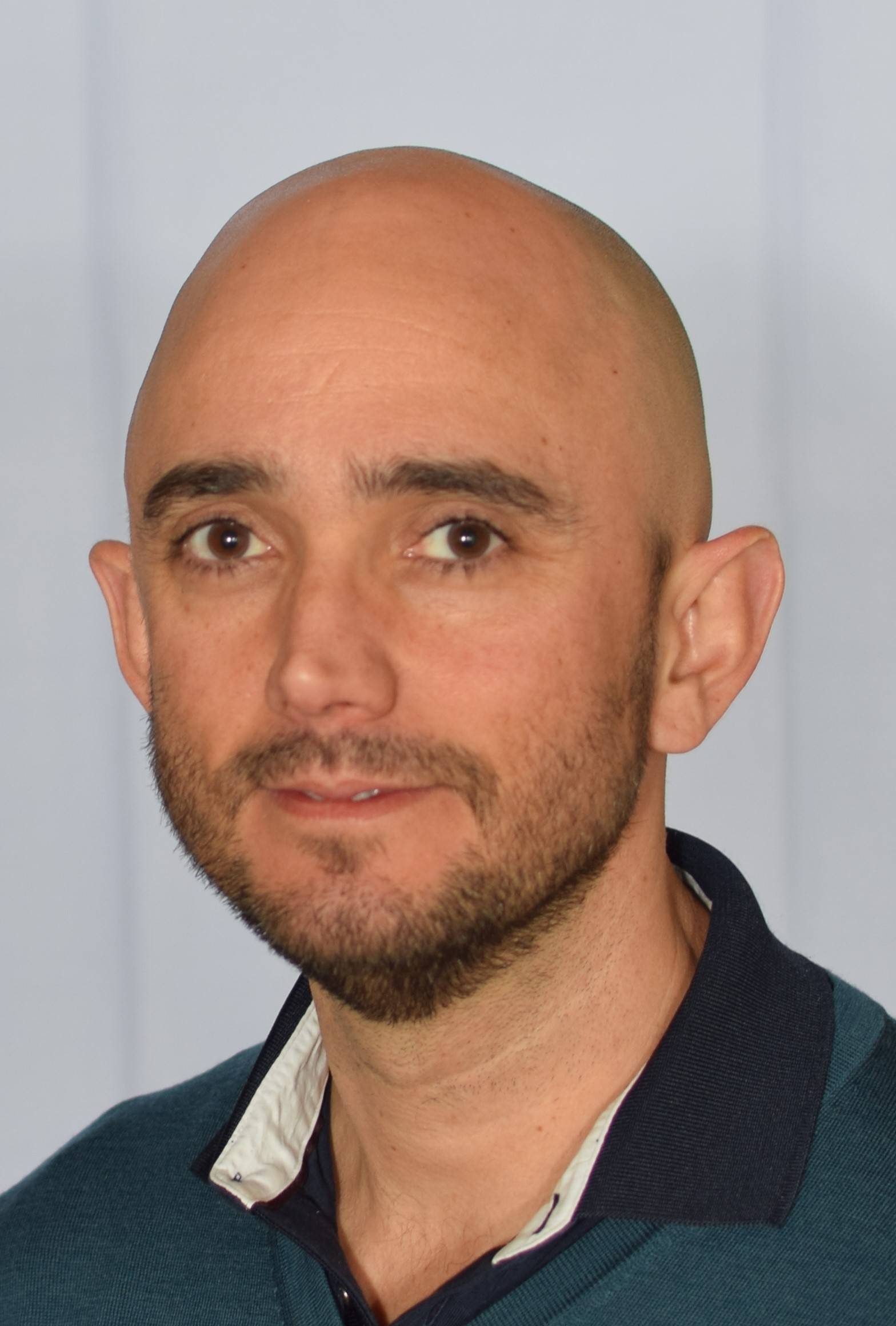
Prof. Dr. André Marquand
Group Lead Predictive Clinical Neuroscience Lab
Publication
Andre F. Marquand, Jan Buitelaar Ritzek, Christian F. Beckmann; Biological Psychiatry Volume 80, Issue 7, 1 October 2016, Pages 552-561; https://doi.org/10.1016/j.biopsych.2015.12.023
Andre F. Marquand, Koen v. Haak, Christian F. Beckmann; Nature Human Behaviour volume 1, Article number: 0146 (2017)
Saige Rutherford, …., Andre F Marquand; eLife sciences; DOI:https://doi.org/10.7554/eLife.72904
Institute of Science and Technology Austria
Am Campus 1
3400 Klosterneuburg
Austria
Website
Detailed information
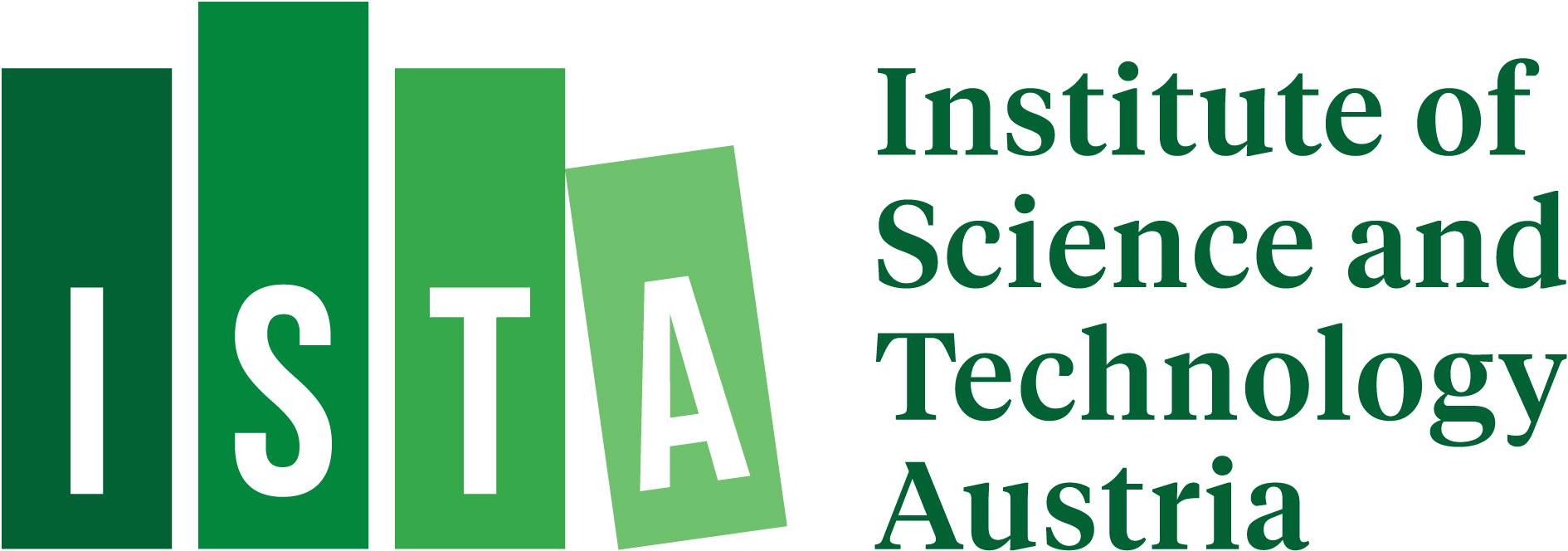
Role in the project
Institute of Science and Technology Austria (ISTA) is a cross-disciplinary research institution that combines basic science research with graduate education. Its scientists perform theoretical and experimental research in Mathematical and Physical Sciences, Life Sciences, and Information and System Sciences. Prof. Gaia Novarino’s group aims to study genes underlying inherited forms of neurodevelopmental disorders such as epilepsy, intellectual disability, and autism. Within environMENTAL, Prof. Novarino will transfer the multi omic information, to cellular models with CRISPR perturbed signalling pathways to study the effect on cell morphology and neuronal activity in human 3D brain organoids.
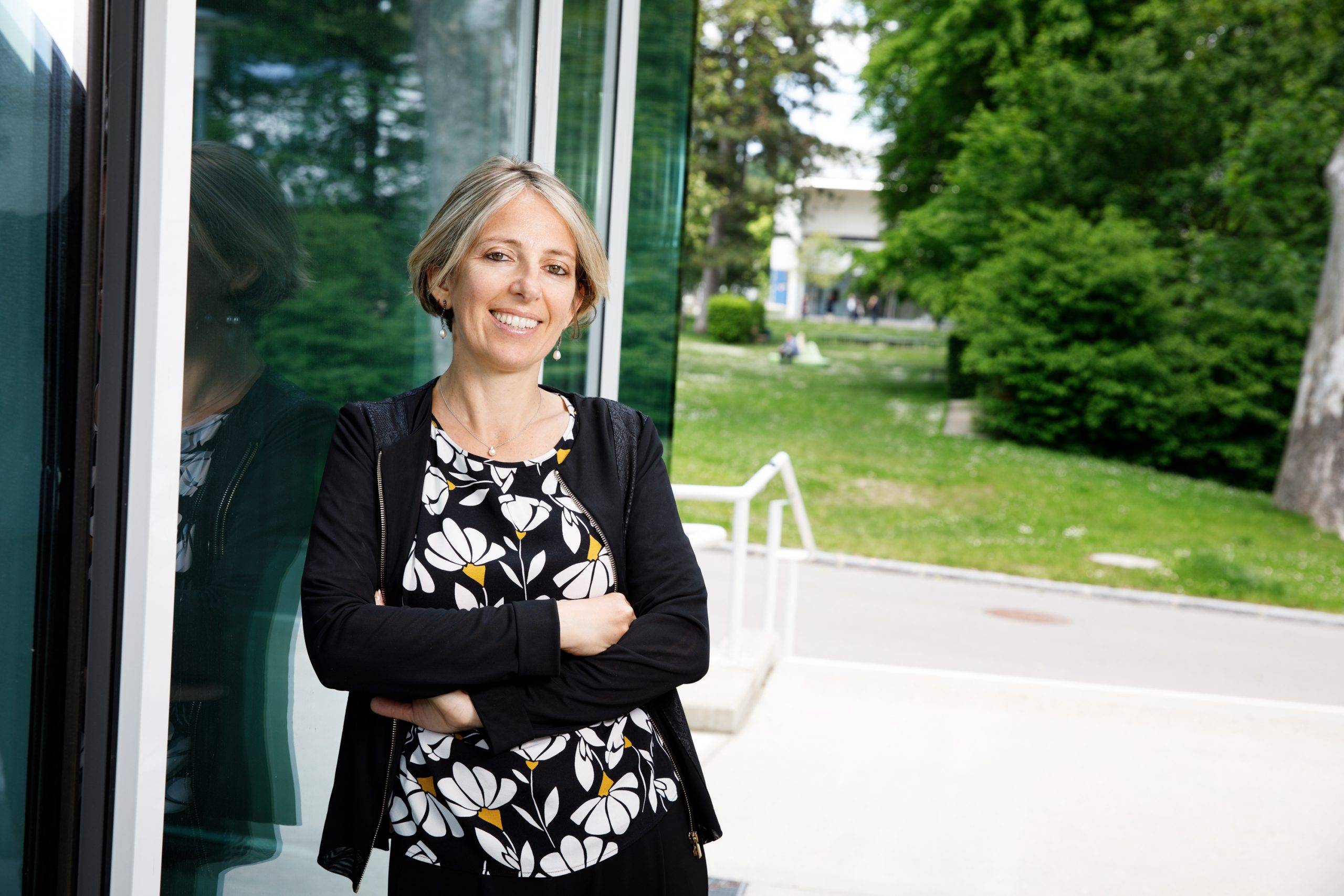
Prof. Dr. Gaia Novarino
Group Lead Genetic and Molecular Basis of Neurodevelopmental Disorders
Key publications
Villa CE, Cheroni C, Dotter CP, López-Tóbon A, Oliveira B, Sacco R, Yahya AÇ, Morandell J, Gabriele M, Tavakoli MR, Lyudchik J, Sommer C, Gabitto M, Danzl JG, Testa G, Novarino G. CHD8 haploinsufficiency alters the developmental trajectories of human excitatory and inhibitory neurons linking autism phenotypes with transient cellular defects. Cell Rep. 2022 Apr 5;39(1):110615. doi: 10.1016/j.celrep.2022.110615
Deliu E, Arecco N, Morandell J, Dotter CP, Contreras X, Girardot C, Kaesper E, Kozlova A, Kishi K, Chiaradia I, Noh K*, Novarino G*. Haploinsufficiency of intellectual disability-gene SETD5 disturbs developmental gene expression and cognition. Nature Neuroscience, 2018 Dec;21(12):1717-1727
Universitat de Barcelona
Coming soon
Detailed information
Role in the project
Coming soon
Universitaetsklinikum Bonn
Venusberg-Campus 1
53127 Bonn
Germany
Website
Detailed information

Role in the project
The University Hospital Bonn is highly active in creating a strong network between patient care, science and teaching to reach its mission – the health and wellbeing of patients. It is embedded in an outstanding and innovative research environment of the University of Bonn and cooperating institutions. The Institute of Human Genetics aims to identify the genetic basis for diseases and to develop innovative means for diagnosis and prognosis of disease. Within the project, it will be responsible for the genomic analyses of IMAGEN and STRATIFY cohorts to identify disease related molecular signatures.
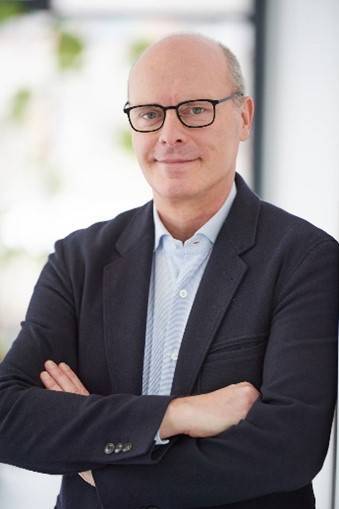
Prof. Dr. Markus Nöthen
Director, Institute of Human Genetics
Key publications
Mullins N, Forstner AJ, O’Connell KS, et al. Genome-wide association study of more than 40,000 bipolar disorder cases provides new insights into the underlying biology. Nat Genet. 2021;53(6):817-829. doi:10.1038/s41588-021-00857-4
Trubetskoy V, Pardiñas AF, Qi T, et al. Mapping genomic loci implicates genes and synaptic biology in schizophrenia. Nature. 2022;604(7906):502-508. doi:10.1038/s41586-022-04434-5
Brouwer RM, Klein M, Grasby KL, et al. Genetic variants associated with longitudinal changes in brain structure across the lifespan. Nat Neurosci 2022; 25(4):421-432. doi: 10.1038/s41593-022-01042-4.
Life and Brain GmbH
Venusberg-Campus 1
53127 Bonn
Germany
Website
Detailed information

Role in the project
LIFE & BRAIN Genomics is one of the leading European service providers for array-based omics analyses. It supports customers from academia, industry and the healthcare sector with innovative products and scientific expertise from project planning to data analysis. Due to its close cooperation with the Institute of Human Genetics in Bonn, LIFE & BRAIN Genomics is in constant communication with the research community and is continually developing new applications for generating and interpreting omics data. Within the project, it will carry out the genotyping and bioinformatic analyses in its genotyping facilities, being one of Europe’s largest high-throughput facilities.
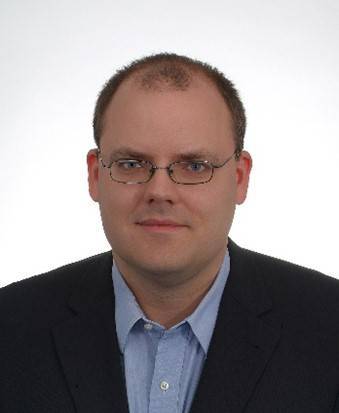
Dr. Per Hoffmann
Chief Commercial Officer
Key publications
Trubetskoy V, Pardiñas AF, Qi T, et al. Mapping genomic loci implicates genes and synaptic biology in schizophrenia. Nature. 2022;604(7906):502-508. doi:10.1038/s41586-022-04434-5
Mullins N, Forstner AJ, O’Connell KS, et al. Genome-wide association study of more than 40,000 bipolar disorder cases provides new insights into the underlying biology. Nat Genet. 2021;53(6):817-829. doi:10.1038/s41588-021-00857-4
Brainstorm Consortium, Anttila V, Bulik-Sullivan B, et al. Analysis of shared heritability in common disorders of the brain. Science. 2018;360(6395):eaap8757. doi:10.1126/science.aap8757

PD Dr. Stefanie Heilmann-Heimbach
Head of Laboratory Genomics
Key publications
Mullins N, Kang J, Campos AI, Coleman JRI, et al. Dissecting the Shared Genetic Architecture of Suicide Attempt, Psychiatric Disorders, and Known Risk Factors. Biol Psychiatry. 2022 Feb 1;91(3):313-327. doi: 10.1016/j.biopsych.2021.05.029
Heilbronner U, Streit F, Vogl T. Interplay between the genetics of personality traits, severe psychiatric disorders and COVID-19 host genetics in the susceptibility to SARS-CoV-2 infection. BJPsych Open. 2021 Oct 7;7(6):e188. doi: 10.1192/bjo.2021.1030.
Johnson EC, Demontis D, Thorgeirsson TE, et al. A large-scale genome-wide association study meta-analysis of cannabis use disorder. Lancet Psychiatry. 2020 Dec;7(12):1032-1045. doi: 10.1016/S2215-0366(20)30339-4
KSILINK
16, Rue d’Ankara
67000 Strasbourg
France
Website
Detailed information

Role in the project
KSILINK is a pioneer in patient-based drug discovery. It designs and applies unique patient-based cellular assays for large-scale phenotyping screens, leaning on the power of AI-driven image analysis. Integrated from bed to bench and back to bed, it aims to generate most efficient first-in-class therapeutic molecules for next generation medicine. Within environMENTAL, KSILINK’s expertise will allow for an accurate determination of phenotypic signatures or ‘neuronal fingerprints’ of a given cellular state in authentic stem cell-derived disease models enabling mechanistic studies to better understand the molecular and cellular disease pathology. This will further lead to the implementation of screening activities aiming for the identification of compounds with potential to reverse a disease-related fingerprint towards a normal profile. Compounds shown to revert the phenotype in the cellular disease model are candidates for further drug discovery and development.

Dr. Peter Sommer
Scientific Director
Key publication
Vuidel A, Cousin L, Weykopf B, Haupt S, Hanifehlou Z, Wiest-Daesslé N, Segschneider M, Lee J, Kwon YJ, Peitz M, Ogier A, Brino L, Brüstle O, Sommer P, Wilbertz JH. High-content phenotyping of Parkinson’s disease patient stem cell-derived midbrain dopaminergic neurons using machine learning classification. Stem Cell Reports. 2022 Oct 11;17(10):2349-2364. doi: 10.1016/j.stemcr.2022.09.001.
Jee J, Jeon H, Hwang D, Sommer P, Park Z, Cechetto J, Dorval T. High content screening for compounds that induce early stages of human embryonic stem cell differentiation. Comb Chem High Throughput Screen. 2012 Sep;15(8):656-65. doi: 10.2174/138620712802650540.
Kim TH, Ko Y, Christophe T, Cechetto J, Kim J, Kim KA, Boese AS, Garcia JM, Fenistein D, Ju MK, Kim J, Han SJ, Kwon HJ, Brondani V, Sommer P. Identification of a novel sulfonamide non-nucleoside reverse transcriptase inhibitor by a phenotypic HIV-1 full replication assay. PLoS One. 2013 Jul 18;8(7):e68767. doi: 10.1371/journal.pone.0068767
Universite d’Aix Marseille
Boulevard Charles Livon 58
13284 Le Pharo, Marseille
France
Website
Detailed information

Role in the project
Aix-Marseille University (AMU) is the largest multidisciplinary French-speaking university in France, with high commitment to interdisciplinarity, which is at the heart of its development strategy. Its Institut de Neurosciences des Systèmes is a multidisciplinary research institute of Inserm and Aix-Marseille University with the research focus on understanding the complex dynamics of the brain. Within environMENTAL, the group around Prof. Viktor Jirsa will test the causal models of molecular mechanisms, underlying the brain changes related to environmental signatures for their systemic effects. Thereby it will resort to The Virtual Brain, a neuroinformatics platform dedicated to the simulation of large-scale brain networks, part of the Human Brain Project.
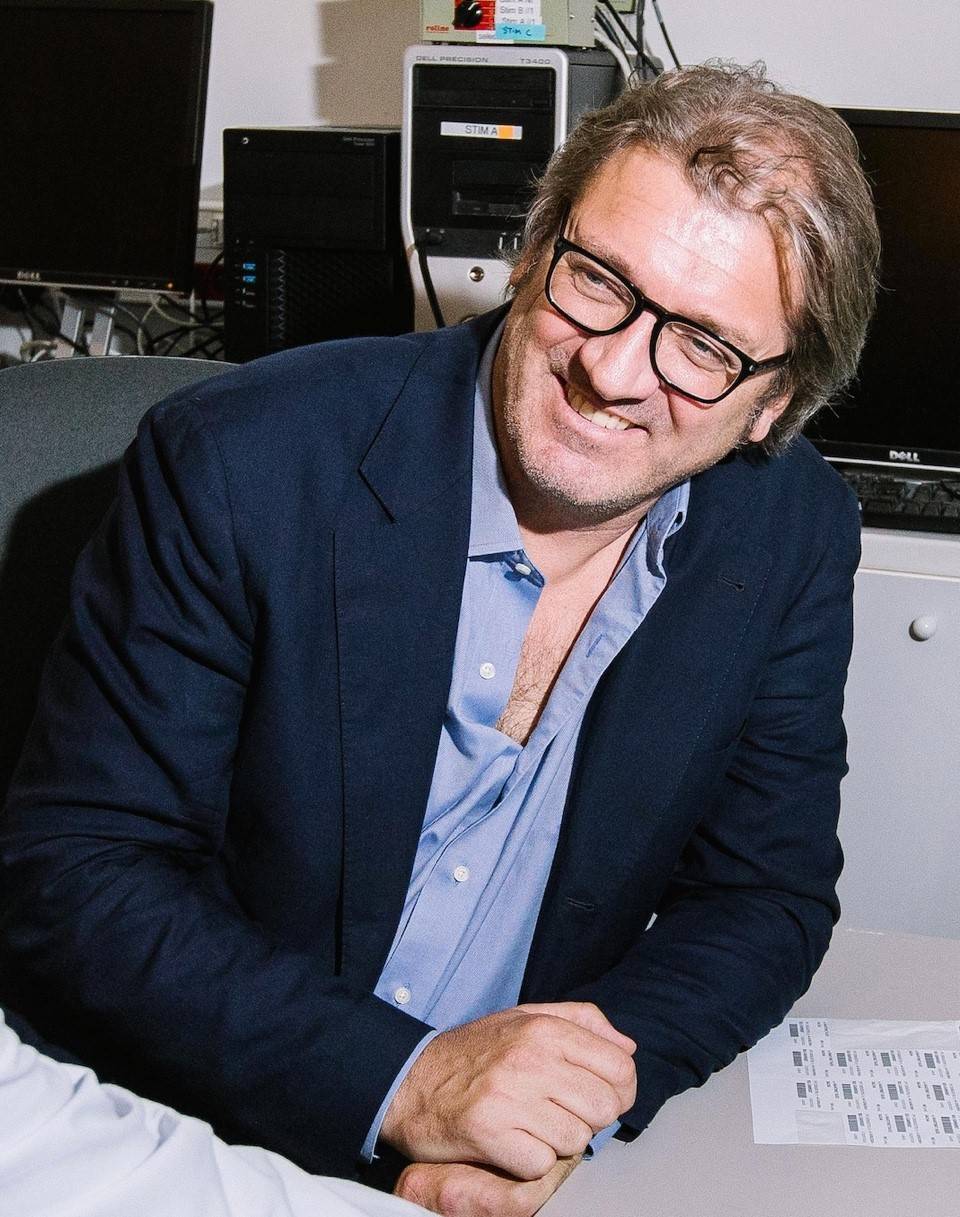
Prof. Dr. Viktor Jirsa
Director Institut De Neurosciences des Systemes
Key publications
Sip, V., Petkoski, S., Hashemi, M., Dickscheid, T., Amunts, K., & Jirsa, V. (2022). Parameter inference on brain network models with unknown node dynamics and spatial heterogeneity. bioRxiv, 2021-09.
Lavanga, M., Stumme, J., Yalcinkaya, B. H., Fousek, J., Jockwitz, C., Sheheitli, H., … & Jirsa, V. (2022). The virtual aging brain: a model-driven explanation for cognitive decline in older subjects. bioRxiv.
Melozzi, F., Bergmann, E., Harris, J. A., Kahn, I., Jirsa, V., & Bernard, C. (2019). Individual structural features constrain the mouse functional connectome. Proceedings of the National Academy of Sciences, 116(52), 26961-26969.
Virtual Bodyworks
Barcelona Health Hub,
Recinto Modernista de Sant Pau
Carrer de Sant Antoni Maria Claret, 167
Spain
Website
Detailed information

Role in the project
Virtual Bodyworks S.L (VBW) specialises in immersive virtual reality focused on medical and psychological rehabilitation. The primary expertise of VBW is immersive virtual reality, interaction, and evaluation of immersive systems. The company has produced products in the domains of rehabilitation for domestic violence, mental health, and physical rehabilitation. In EnvironMENTAL project, VBW will contribute with its software and it will be adapted to the particular issue of climate change and form the basis of the development of a therapeutic technique with an automated therapist. The concept is the presupposition that there exists a future self who has overcome personal adversity (poor mental health as a consequence of environmental change).
ARTTIC Innovation
Oskar-von-Miller-Ring 29
80333 München
Germany
Website
Detailed information

Role in the project
ARTTIC Innovation GmbH is a spin-off of ARTTIC SAS, which has successfully been managing large-scale research and innovation projects since its foundation in 1987. In close to 33 years of company history, ARTTIC set-up and managed more than 400 projects in EU funding programmes from FP 2 to Horizon Europe. ARTTIC Innovation GmbH builds on this experience and bundles the company’s activities in Germany, which have been built and continuously strengthened since 2006. ARTTIC Innovation manages the environMENTAL project providing the methods, tools and operational support to promote an effective collaboration within the consortium. It will support the consortium in the daily management, administrative and contractual tasks to ensure the project is properly monitored and decisions and actions are prepared and taken according to the project’s progress. ARTTIC Innovation GmbH aims at simplifying the contractual and administrative work requested from the researchers as much as possible. Furthermore, ARTTIC Innovation GmbH supports project communication, dissemination, IPR management and exploitation activities.
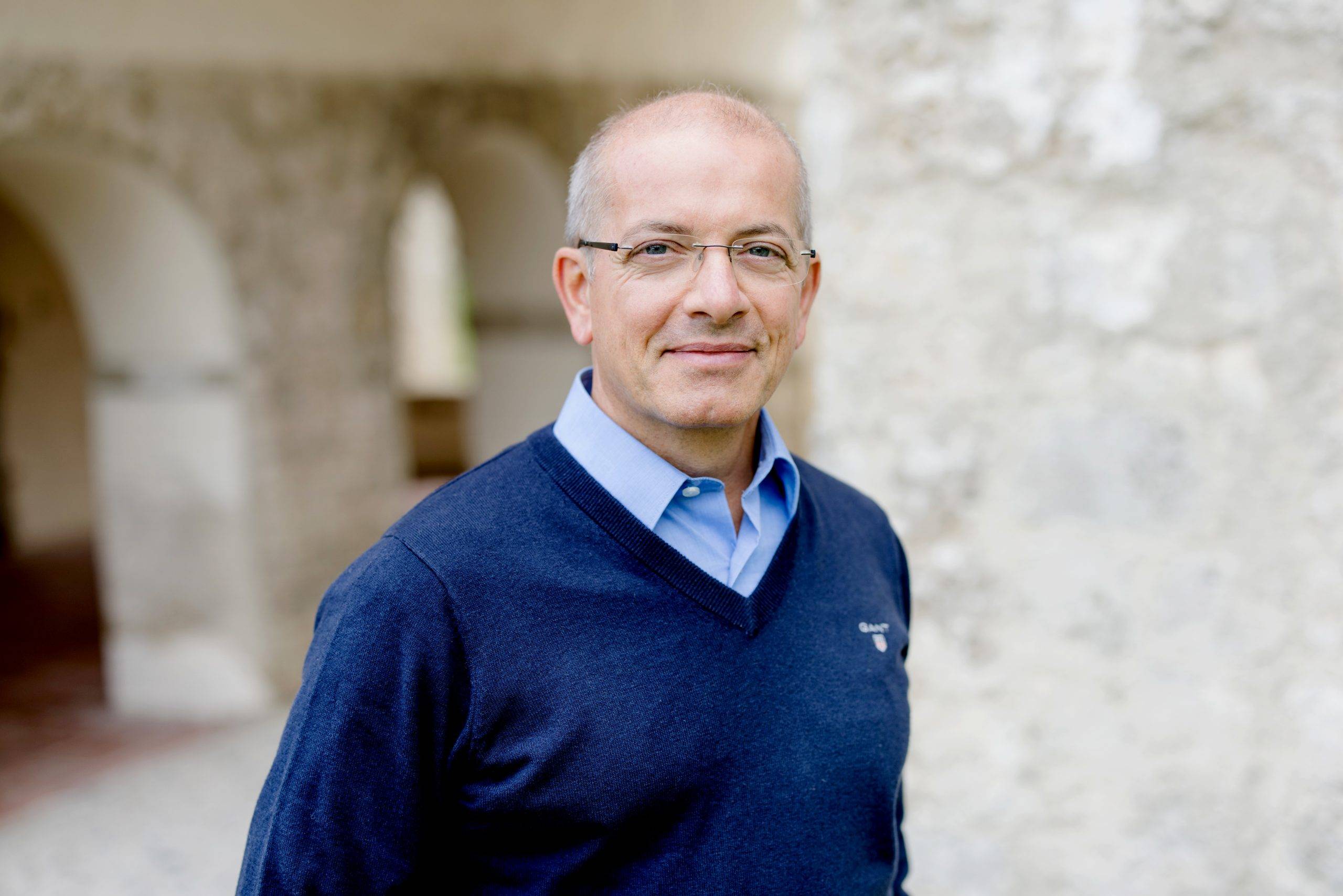
Friedrich-Schiller-Universität Jena
Fürstengraben 1
07743 Jena
Germany
Website
Detailed information
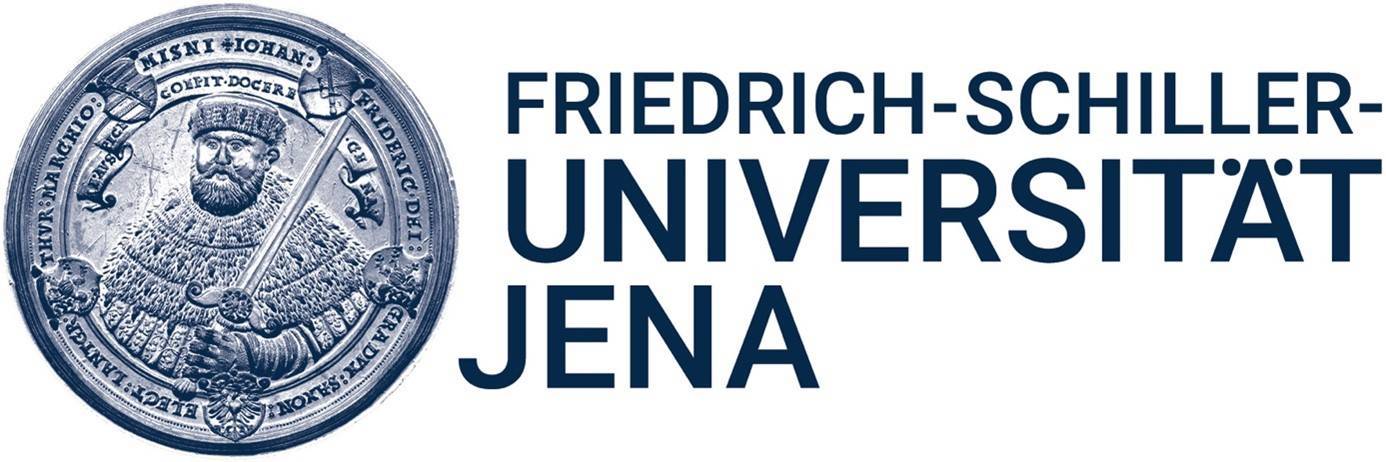
Role in the project
The University of Jena is a center of science in Thuringia with a 500 year long tradition. Numerous famous names have passed through its doors over the centuries: Johann Franz Buddäus, Erhard Weigel, Schiller, Goethe, Hegel and Fichte. They were later followed by industrial pioneers Abbe, Zeiss and Schott, who steered the small town of Jena into the modern age. With around 18,000 students and more than 8,600 employees, the University of Jena significantly shapes the character of the city of Jena. The Institute of Geography was founded in 1992 and developed to one of the most important Geography institutes in the German speaking area.
The group around PD Dr. Sören Hese, an expert in mapping of urban land use structures in multisensory very high-resolution Earth observation data, will develop the spatial environmental variables used to link mental diseases to geo spatial patterns and signatures using multidimensional Earth observation data and derived products (3D build-up properties of urban areas, green neighborhood metrics, terrain height data, multispectral signatures and night time light data).

PD Dr. habil. Sören Hese
Senior scientist – assistant Professor, remote sensing section, department of geography, head of UAV group
Key publications
Berger, C., Rosentreter, J., Voltersen, M., Baumgart, C., Schmullius, C., Hese, S. 2017. Spatio-temporal analysis of the relationship between 2D/3D urban site characteristics and land surface temperature. Remote Sensing of Environment, 1-38 – 2017.
Walde, I., Hese, S., Berger, C., Schmullius, C., 2014. From Land Cover-Graphs to Urban Structure Types. – International Journal of Geographical Information Science, 28 (3), pp. 584-609, DOI: 10.1080/13658816.2013.865189.
Voltersen, M., Berger, C., Hese, S. & Schmullius, C., 2014. Object-based land cover mapping and comprehensive feature calculation for an automated derivation of urban structure types at block level. Remote Sensing of Environment, 154, 192-201.
Associated Partners
Fudan University
220 Handan Road, Yangpu
200433 Shanghai
China
Website
Detailed information

Role in the project
Fudan is one of the leading universities in Asia. The Institute of Science and Technology for Brain-inspired Intelligence (ISTBI), is an research institution of Fudan University. ISTBI focuses on the interdisciplinary research among intelligence science, cognitive neuroscience and mental health. Fudan affiliated PONS Shanghai is led by Prof. Gunter Schumann and Dr Tianye Jia. Prof. Schumann is the co-director of the ISTBI Zhangjiang International Brain Bank (ZIB). PONS Shanghai will work closely with other environMENTAL partners to validate research findings from the European cohorts in the ZIB, and to develop virtual brain models that can stimulate environmental adversities on molecular pathway and brain network properties.

Prof. Dr. Gunter Schumann
Coordinator of environMENTAL and Head of the Centre for Population Neuroscience and Stratified Medicine (PONS) Shanghai
Key publications
- Global urbanicity is associated with brain and behaviour in young people. Xu J, Liu X, Li Q, Goldblatt R, Qin W, Liu F, Chu C, Luo Q, Ing A, Guo L, Liu N, Liu H, Huang C, Cheng J, Wang M, Geng Z, Zhu W, Zhang B, Liao W, Qiu S, Zhang H, Xu X, Yu Y, Gao B, Han T, Cui G, Chen F, Xian J, Li J, Zhang J, Zuo XN, Wang D, Shen W, Miao Y, Yuan F, Lui S, Zhang X, Xu K, Zhang L, Ye Z, Banaschewski T, Barker GJ, Bokde ALW, Flor H, Grigis A, Garavan H, Gowland P, Heinz A, Brühl R, Martinot JL, Artiges E, Nees F, Orfanos DP, Lemaitre H, Paus T, Poustka L, Robinson L, Hohmann S, Fröhner JH, Smolka MN, Walter H, Whelan R, Winterer J, Patrick K, Calhoun V, Li MJ, Liang M, Gong P, Barker ED, Clinton N, Marquand A, Yu L, Yu C, Schumann G; CHIMGEN; IMAGEN Consortia.Nat Hum Behav. 2022 Feb;6(2):279-293. doi: 10.1038/s41562-021-01204-7. Epub 2021 Oct 28.PMID: 34711977
- Alex Ing, Ph.D. , Philipp Saemann, M.D. , Ph.D., Gabriel Robert, M.D., Tianye Jia, Ph.D. , Thomas Wolfers, Tobias Banaschewski M.D., Ph.D.; Arun L.W. Bokde Ph.D.; Uli Bromberg Dipl.-Psych.; Christian Büchel M.D.; Sylvane Desrivières Ph.D.; Herta Flor Ph.D.; Vincent Frouin Ph.D.; Hugh Garavan Ph.D.; Penny Gowland Ph.D.; Ilya Veer Ph.D., Andreas Heinz M.D., Ph.D.; Bernd Ittermann Ph.D.; Jean-Luc Martinot M.D., Ph.D., Patricia Conrod, Argyris Stringaris, Marie-Laure Paillère Martinot, Maren Struve, Betteke van Noort, Jani Penttilä, Viola Kappel, Yvonne Grimmer, Tahmine Fadai, ; Frauke Nees Ph.D.; Dimitri Papadopoulos Orfanos Ph.D.; Luise Poustka M.D., Sabina Millenet Dipl.-Psych.; Erin Quinlan, Michael N. Smolka M.D.; Henrik Walter M.D., Ph.D; Robert Whelan Ph.D., Andre Marquand, Ph.D., Ole Andreasen, M.D., Ph.D. , John Ashburner, Ph.D., Elisabeth Binder M.D., Ph.D., Jan Buitelaar M.D., Ph.D., Andreas Meyer-Lindenberg, M.D., Ph.D., Trevor W. Robbins, Ph.D., Gunter Schumann M.D., Ph.D.; IMAGEN Consortium. Distinct Brain Networks for Externalising and Internalising Behaviour Predict Future Clinical Symptoms. Nature Human Behaviour, 2019 Dec;3(12):1306-1318.
- Tianye Jia Ph.D.; Alex Ing Ph.D.; Erin Burke Quinlan Ph.D.; Nicole Tay; Qiang Luo Ph.,; Biondo F. Ph.D.; Tobias Banaschewski M.D., Ph.D.; Gareth J. Barker Ph.D.; Arun L.W. Bokde Ph.D.; Uli Bromberg Ph.D.; Christian Büchel M.D.; Sylvane Desrivières Ph.D.; Jianfeng Feng Ph.D.; Herta Flor Ph.D.; Antoine Grigis Ph.D.; Hugh Garavan Ph.D.; Penny Gowland Ph.D.; Andreas Heinz M.D., Ph.; Bernd Ittermann Ph.D.; Jean-Luc Martinot M.D., Ph.D.; Marie-Laure Paillère Martinot M.D., Ph.D.; Frauke Nees Ph.D.; Dimitri Papadopoulos Orfanos Ph.D.; Tomáš Paus M.D., Ph.D.; Luise Poustka M.D. , Juliane H. Fröhner Dipl.-Psych.; Michael N. Smolka M.D.; Henrik Walter M.D., Ph.D.; Robert Whelan Ph.D.; Gunter Schumann M.D.; IMAGEN Consortium; Neurobehavioural characterisation of reinforcement-related behaviour. Nature Human Behaviour (in press)

Dr. Tianye Jia
Associate Professor/Young PI, Associated deputy of PONS Shanghai
Key publications
- Sun Y, Jia T, Barker ED, Chen D, Zhang Z, Xu J, Chang S, Zhou G, Liu Y, Tay N, Luo Q, Chang X, Banaschewski T, Bokde ALW, Flor H, Grigis A, Garavan H, Heinz A, Martinot JL, Paillère Martinot ML, Artiges E, Nees F, Orfanos DP, Paus T, Poustka L, Hohmann S, Millenet S, Fröhner JH, Smolka MN, Walter H, Whelan R, Lu L, Shi J, Schumann G, Desrivières S. Associations of DNA Methylation With Behavioral Problems, Gray Matter Volumes, and Negative Life Events Across Adolescence: Evidence From the Longitudinal IMAGEN Study. Biol Psychiatry. 2022 Jun 22:S0006-3223(22)01356-7. doi: 10.1016/j.biopsych.2022.06.012.
- Jia T, Chu C, Liu Y, van Dongen J, Papastergios E, Armstrong NJ, Bastin ME, Carrillo-Roa T, den Braber A, Harris M, Jansen R, Liu J, Luciano M, Ori APS, Roiz Santiañez R, Ruggeri B, Sarkisyan D, Shin J, Sungeun K, Tordesillas Gutiérrez D, Van’t Ent D, Ames D, Artiges E, Bakalkin G, Banaschewski T, Bokde ALW, Brodaty H, Bromberg U, Brouwer R, Büchel C, Burke Quinlan E, Cahn W, de Zubicaray GI, Ehrlich S, Ekström TJ, Flor H, Fröhner JH, Frouin V, Garavan H, Gowland P, Heinz A, Hoare J, Ittermann B, Jahanshad N, Jiang J, Kwok JB, Martin NG, Martinot JL, Mather KA, McMahon KL, McRae AF, Nees F, Papadopoulos Orfanos D, Paus T, Poustka L, Sämann PG, Schofield PR, Smolka MN, Stein DJ, Strike LT, Teeuw J, Thalamuthu A, Trollor J, Walter H, Wardlaw JM, Wen W, Whelan R, Apostolova LG, Binder EB, Boomsma DI, Calhoun V, Crespo-Facorro B, Deary IJ, Hulshoff Pol H, Ophoff RA, Pausova Z, Sachdev PS, Saykin A, Wright MJ, Thompson PM, Schumann G, Desrivières S. Epigenome-wide meta-analysis of blood DNA methylation and its association with subcortical volumes: findings from the ENIGMA Epigenetics Working Group. Mol Psychiatry. 2021 Aug;26(8):3884-3895. doi: 10.1038/s41380-019-0605-z. Epub 2019 Dec 6.
- Tianye Jia Ph.D.; Alex Ing Ph.D.; Erin Burke Quinlan Ph.D.; Nicole Tay; Qiang Luo Ph.,; Biondo F. Ph.D.; Tobias Banaschewski M.D., Ph.D.; Gareth J. Barker Ph.D.; Arun L.W. Bokde Ph.D.; Uli Bromberg Ph.D.; Christian Büchel M.D.; Sylvane Desrivières Ph.D.; Jianfeng Feng Ph.D.; Herta Flor Ph.D.; Antoine Grigis Ph.D.; Hugh Garavan Ph.D.; Penny Gowland Ph.D.; Andreas Heinz M.D., Ph.; Bernd Ittermann Ph.D.; Jean-Luc Martinot M.D., Ph.D.; Marie-Laure Paillère Martinot M.D., Ph.D.; Frauke Nees Ph.D.; Dimitri Papadopoulos Orfanos Ph.D.; Tomáš Paus M.D., Ph.D.; Luise Poustka M.D. , Juliane H. Fröhner Dipl.-Psych.; Michael N. Smolka M.D.; Henrik Walter M.D., Ph.D.; Robert Whelan Ph.D.; Gunter Schumann M.D.; IMAGEN Consortium; Neurobehavioural characterisation of reinforcement-related behaviour. Nat Hum Behav. 2020 May;4(5):544-558. doi: 10.1038/s41562-020-0846-5.
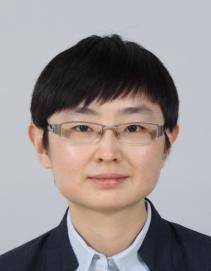
Dr. Xiao Chang
Associate Young Investigator
Key publications
- Sun Y, Jia T, Barker ED, Chen D, Zhang Z, Xu J, Chang S, Zhou G, Liu Y, Tay N, Luo Q, Chang X, Banaschewski T, Bokde ALW, Flor H, Grigis A, Garavan H, Heinz A, Martinot JL, Paillère Martinot ML, Artiges E, Nees F, Orfanos DP, Paus T, Poustka L, Hohmann S, Millenet S, Fröhner JH, Smolka MN, Walter H, Whelan R, Lu L, Shi J, Schumann G, Desrivières S. Associations of DNA Methylation With Behavioral Problems, Gray Matter Volumes, and Negative Life Events Across Adolescence: Evidence From the Longitudinal IMAGEN Study. Biol Psychiatry. 2022 Jun 22:S0006-3223(22)01356-7. doi: 10.1016/j.biopsych.2022.06.012.
- Chang X, Zhao W, Kang J, Xiang S, Xie C, Corona-Hernández H, Palaniyappan L, Feng J. Language abnormalities in schizophrenia: binding core symptoms through contemporary empirical evidence. Schizophrenia (Heidelb). 2022 Nov 12;8(1):95. doi: 10.1038/s41537-022-00308-x.
- Chang X,Gong QY, Li CB, Yue WH, Yu X, Yao SQ, Feng JF (2021) Psychiatric disorders in China: strengths and challenges of contemporary research and clinical services. Psychological Medicine, 51(12):1-14.
King’s College London
De Crespigny Park
SE58AF London
London, UK
Website
Detailed information

Role in the project
King’s College London (King’s) partnership in this project is in line with its vision to deliver research to inform and innovate and make the world a better place. It hosts the Institute of Psychiatry Psychology and Neuroscience (IoPPN), which is one of the world’s strongest mental health research institutions, consistently ranked top in the world for highly cited (top 1%) publications in mental health and neuroscience. It promotes a strong research environment, combining clinical and research expertise, to ensure that research that addresses the most important clinical questions is delivered.
The National Institute of Health Research (NIHR) Maudsley Biomedical Research Centre (BRC) symbolises this spirit. It is a key partnership between the IoPPN and the South London and Maudsley NHS Foundation Trust (the largest mental health provider in Europe), and forms part of King’s Health Partners Academic Health Sciences Centre. It is the only BRC specialising in mental, aiming to accelerate the translation of the latest scientific discoveries into clinical trials and other well-designed studies. By bringing together scientists and clinicians from different disciplines, these findings can be evaluated, developed, and implemented in the National Health Service, providing new tests and treatments for people with mental health conditions and neurological disorders.
Sylvane Desrivières, Professor of Biological Psychiatry and deputy lead of the King’s BRC ‘Eating disorders & obesity’ Theme, leads the multi-omics analyses in environMENTAL (Work Package 5), with the aim to identify and characterise genomic and molecular signatures related to brain, behaviour and environment. She is also a co-investigator on the development and implementation of digital health assessments aspect of the project (Work Package 3). In addition to leading projects exploring biopsychosocial risk factors for eating disorders (ESTRA study; PI), she leads several international neuroimaging x genomics consortia, including IMAGEN and STRATIFY (UK-PI), part of environMENTAL. She also Chairs the Epigenetics Working Group of the international Enhancing NeuroImaging Genetics through Meta-Analysis consortium (ENIGMA). She applies her skills and knowledge in neurobiology, genomics, magnetic resonance imaging and clinical and population neuroscience to discover the aetiological roots of major mental illnesses.
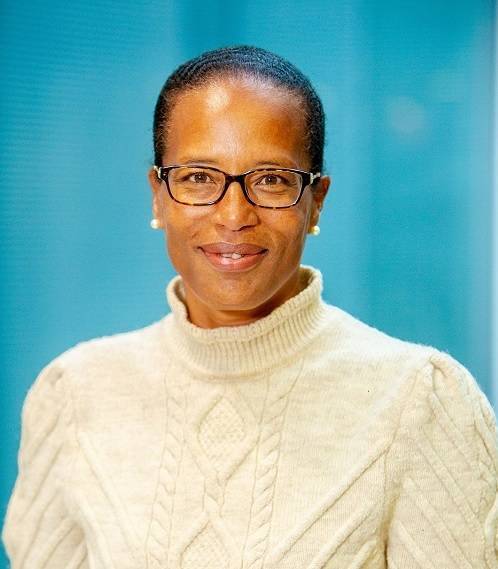
Prof. Dr. Sylvane Desrivières
Professor of Biological Psychiatry
Email
Website KCL
Website NIHR
ResearchGate
Key publications
- Sun Y, …., Desrivières S. Associations of DNA Methylation With Behavioral Problems, Gray Matter Volumes, and Negative Life Events Across Adolescence: Evidence From the Longitudinal IMAGEN Study. Biol Psychiatry. 2022 Jun 22;S0006-3223(22)01356-7. doi: 10.1016/j.biopsych.2022.06.012.
- Evangelou E, …., Desrivières S*, Schumann G*, Elliott P*. New alcohol-related genes suggest shared genetic mechanisms with neuropsychiatric disorders. Nat Hum Behav. 2019;3:950-961.
- Jia T, …., Desrivières S. Epigenome-wide meta-analysis of blood DNA methylation and its association with subcortical volumes: findings from the ENIGMA Epigenetics Working Group. Mol Psychiatry. 2021 Aug;26(8):3884-3895.
University of Nottingham
Coming soon
Detailed information
Role in the project
Coming soon
Georgia State University Research Foundation Inc.
Coming soon
Detailed information
Role in the project
Coming soon
University of Southern California
Coming soon
Detailed information
Role in the project
Coming soon
Google LC
Coming soon
Detailed information
Role in the project
Coming soon

